Partners to be quizzed in new gun licence screening
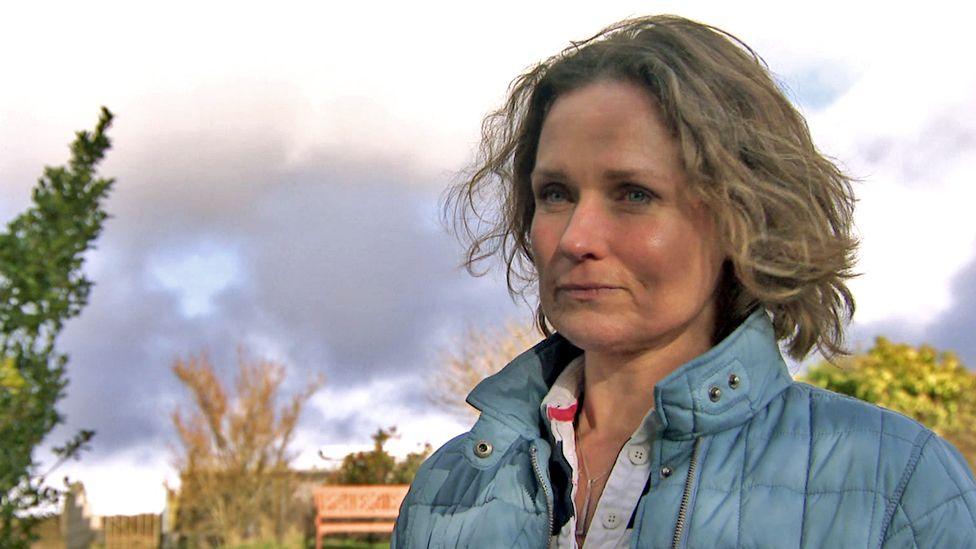
Domestic abuse survivor Rhiannon Bragg helped police design the questionnaire
- Published
The partners of all gun licence applicants are being asked questions for the first time as five police forces in England and Wales seek to strengthen licensing processes.
The forces - Gwent, the Metropolitan Police, Bedfordshire, Cambridgeshire and Hertfordshire - are testing a questionnaire designed to build a more detailed picture of anyone who wants to own a gun, with a particular focus on domestic abuse.
The initiative, called Project Titanium, has been developed by Gwent Police with the help of domestic abuse survivors.
It has already resulted in some applications being refused or existing licences being revoked.
Insp Jodie Davies, from the force's firearms licensing team, said: “We are absolutely not saying applicants will be domestic abuse perpetrators, but any opportunity to gather information is welcome.
"We've had one case where the partner was contacted and stated that she couldn't speak to the firearms officer at her home because she was being controlled and coerced.
"The officer met with her in a different location, she disclosed a number of serious concerns, that licence was then refused and we were able to put safeguarding in place for that person."
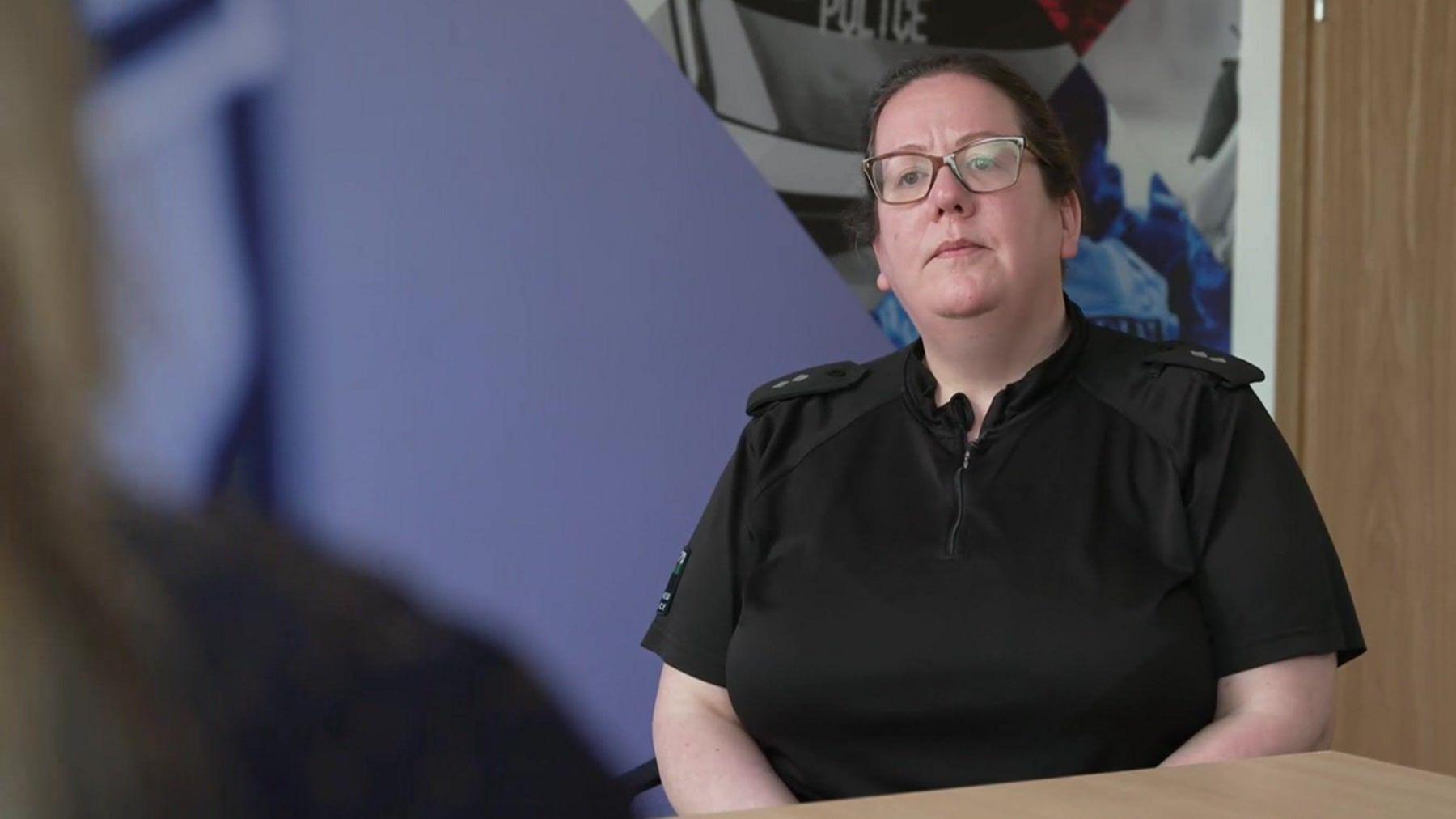
Police say public safety is the priority when it comes to reviewing applications
Gun licences are currently reviewed every five years, but campaigner Emma Ambler is among those who want to see stricter controls such as annual reviews.
Her sister Kelly Fitzgibbons and her two daughters were shot dead in Sussex in 2020 by partner Robert Needham, a licensed gun holder who then killed himself.
The Project Titanium questionnaire is not a legal requirement but applicants who refuse to engage or share their partner’s details can face an automatic refusal.
More than 5,000 applications have been subject to the additional questions since the trial began last year.
Insp Davies said: "We’ve had seven cases during this trial where we've either refused or revoked a licence; that is seven cases that potentially could have gone on to domestic abuse homicide."
Public safety
Gwent Police said its firearms licensing officers were trained to risk assess scenarios which may raise red flags about an applicant.
It said partners were interviewed alone, either in person or in vision remotely, to make sure their answers were as truthful as possible.
Even when there was a risk someone may not be able to be honest due to their domestic circumstances, the force said it opened an avenue of communication with police they may feel able to use in the future.
Rhianon Bragg, 51, was held at gunpoint overnight in August 2019 by her former partner, who began stalking her when she ended the five-year relationship. She has helped police design the questionnaire.
She said: "If Titanium was in existence at the time and I’d been asked the questions, even though I didn’t realise I was in an abusive relationship, the way the questions have been formulated may have started a thought process with me, thinking hang on I'm experiencing this - but it would absolutely have rung alarm bells for any officer that I was speaking to.
"Despite everything I've experienced I'm not anti-shooting. This is absolutely about having people who are responsible gun owners, responsible with their weapons and how they use them, who realise it is a privilege."
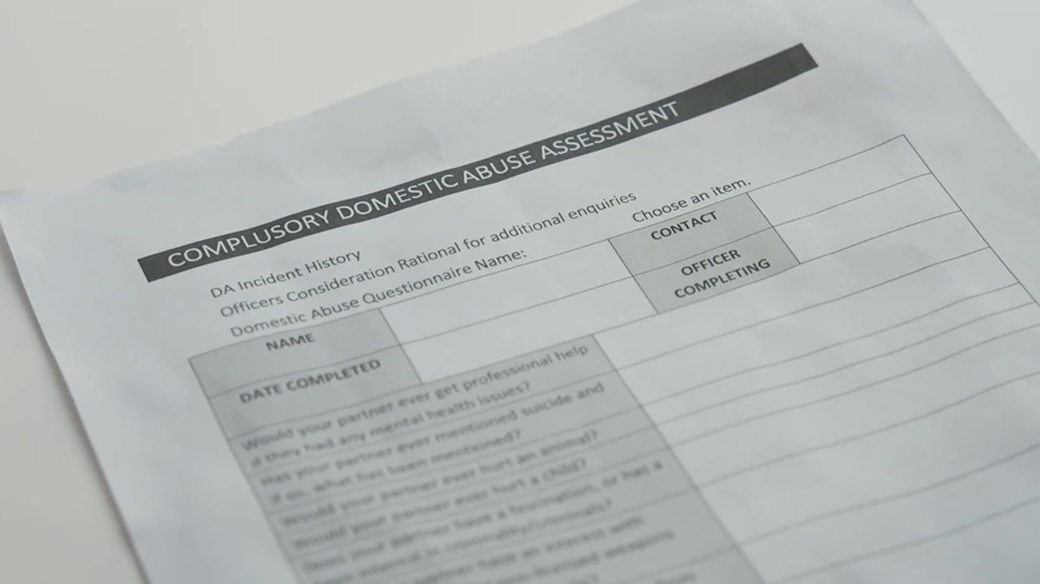
Rachel Williams, who survived being shot by her estranged husband, said it was "amazing" to see these rules finally in place.
Ms Williams, who has been involved in developing Titanium, added she "absolutely" believed things would have been different in her life if she had been asked those questions.
Gwent Police said it had now extended use of the questionnaire to other family members, not just partners.
Insp Davies said: "Public safety is the paramount concern within firearms licensing. We absolutely want to ensure that the right people have a licence and those that shouldn't have a licence, don't. Ultimately the public want us to be asking these questions."
The National Police Chief's Council said extensive checks were carried out before someone was issued with a gun licence and statutory guidance had been updated, including around domestic abuse and "family turmoil".
A spokesperson said three forces were testing more focused questioning as part of the licensing process to "proactively identify additional concerns around an applicant's domestic homelife and circumstances which may provide additional information as part of the overall assessment process".
They said the results of the trial were being assessed but feedback received so far had been positive.
"With new national licensing training due to be rolled out later this year by the College of Policing, we are working closely with them to consider how this process can be effectively implemented across all forces," they added.
Related topics
- Published11 February 2023
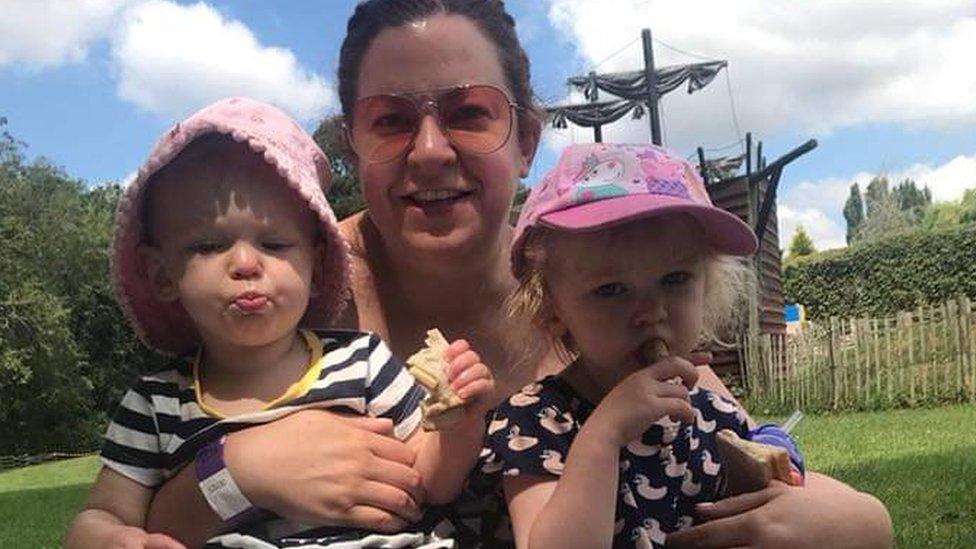
- Published26 September 2023
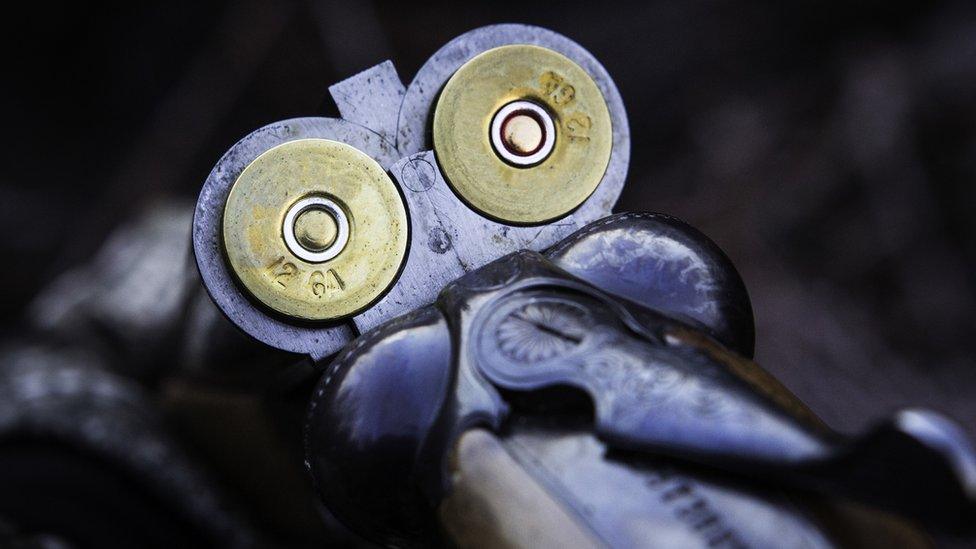
- Published23 August 2023
